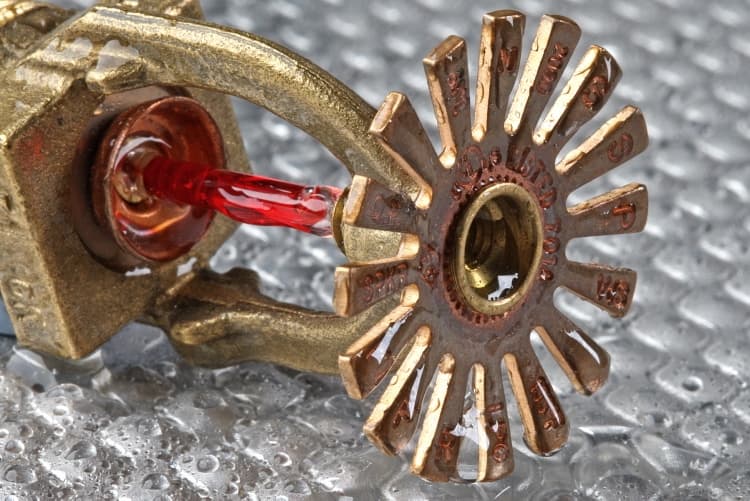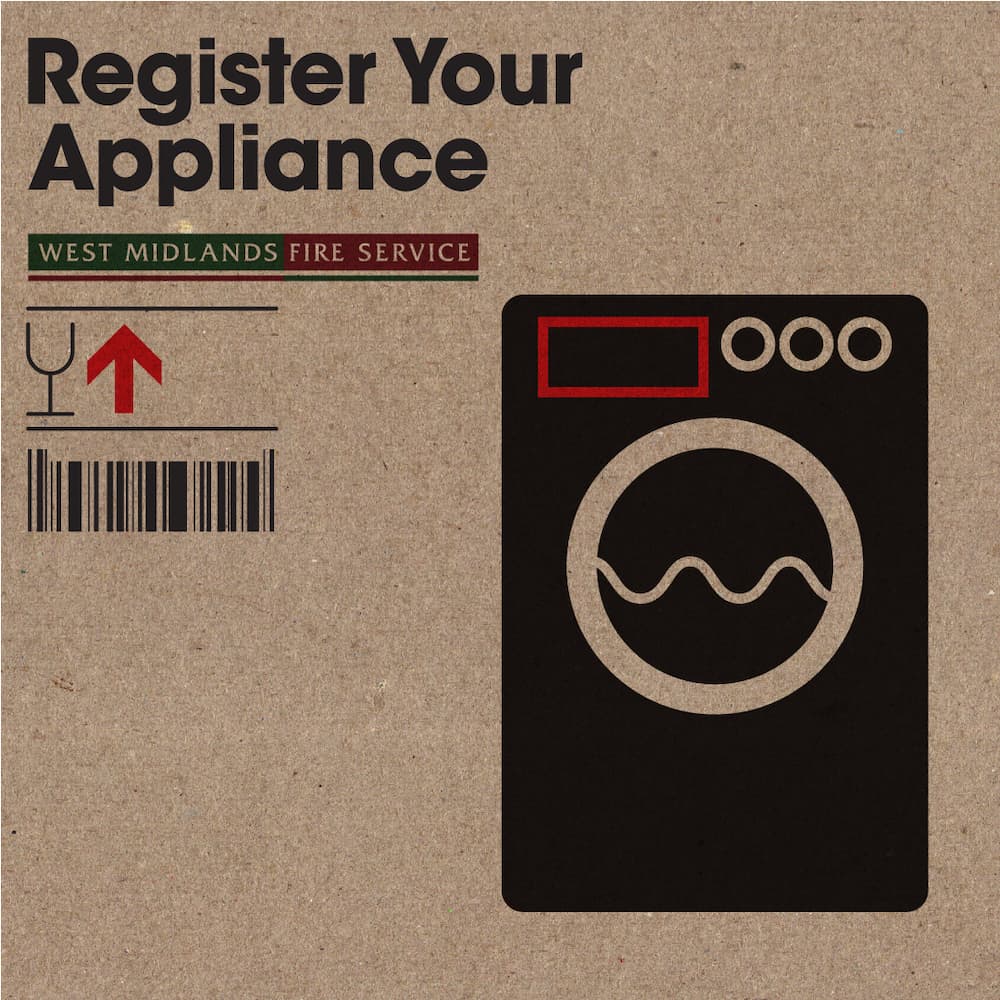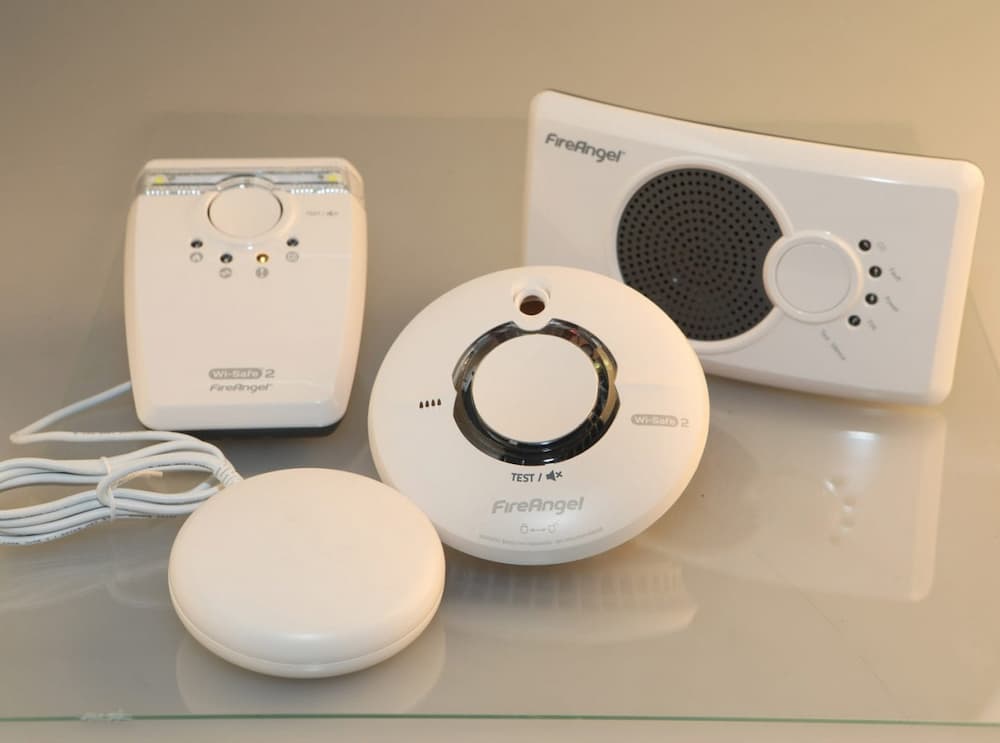What are sprinklers?
A sprinkler, or Automatic Fire Suppression System (AFSS), is a simple yet effective fire protection system. It consists of a water supply, distribution pipes, and sprinkler heads. When a fire is detected, the system automatically discharges water to control or extinguish the flames. There are different types of sprinkler systems, but they all work on the same basic principle.
Why are sprinklers important?
- sprinklers save lives and property
- sprinklers are highly reliable and effective, working in 94% of cases and controlling or extinguishing fires in 99% of cases
- fire sprinklers are recognised as the most effective way to stop fires spreading in their early stages
- sprinklers protect firefighters by reducing the risks they face and are fully supported by fire services
- sprinklers minimise environmental damage caused by fire
- sprinklers reduce economic loss, with fire-related losses in buildings with sprinklers being only a tenth of those in buildings without
- sprinklers can help prevent arson
- sprinklers allow for more innovative and sustainable building designs.
How Do Sprinklers Work?
Sprinklers are heat-sensitive and react when the temperature reaches 65-70 degrees Celsius. Only the sprinkler head nearest the fire will activate, spraying water to control or extinguish the flames. Watching this short video from BAFSA can help you understand the benefits of sprinklers.

Benefits of Sprinklers
Commercial benefits:
- sprinklers reduce the damage a fire can cause, helping to lower revenue loss, protect stock and equipment, and give staff and customers time to escape
- one in five warehouses will have a fire needing the fire service during its lifetime
- the cost of installing sprinklers in an industrial building is around £33 to £35 per square metre, while construction costs are between £750 to £1,500 per square metre
- Zurich data shows the average cost of large warehouse fires is £5.9 million.
Residential benefits:
- residential/domestic sprinklers save lives, as shown in this WMFS Ladywood case study
- domestic sprinklers are not expensive, costing less than 2% of a new house’s value, roughly the cost of carpeting a house, and lasting at least 50 years
- watch this LFB video showing how sprinklers work in a bedroom fire.
West Midlands Fire Service fully supports installing sprinklers and other fire suppression systems, where appropriate. These systems help to reduce potential damage, limit fire spread and help make the West Midlands safer, stronger, and healthier.
Further information on how sprinklers work, and their benefits, can be found on the following sites:
Sprinkler Myths
Myth: When there’s a fire, all the sprinkler heads go off at once.
Fact: Only the sprinkler head closest to the fire will activate.
Myth: Most fires cause all sprinkler heads to activate.
Fact: Most fires are controlled or extinguished by just one sprinkler head.
Myth: Water damage from sprinklers is as bad as fire damage.
Fact: A sprinkler discharges 55 litres of water per minute, compared to over 600 litres per minute from a firefighting hose.
Myth: Sprinkler systems are expensive.
Fact: The cost of a sprinkler system can be recovered in about 10 years through lower insurance premiums and reduced business disruption.
Myth: Sprinkler systems don’t work in cold climates because pipes will freeze.
Fact: Installation standards include measures to prevent freezing and water damage.





